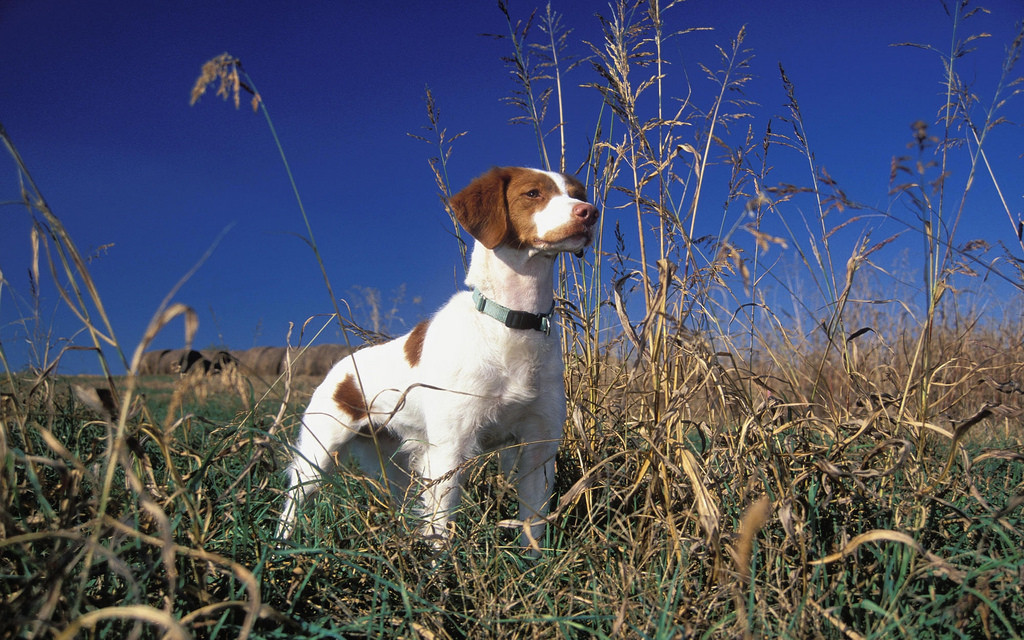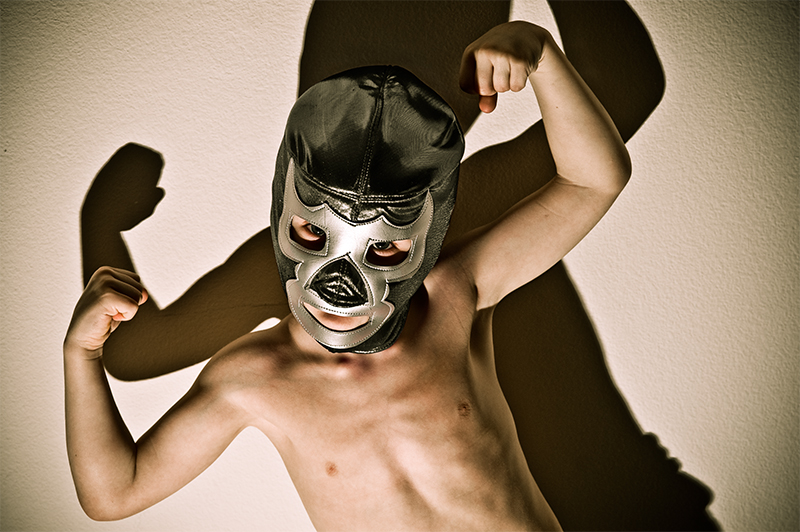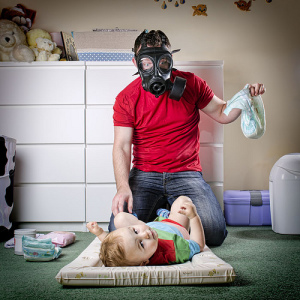Growing up, my dad trained Brittany Spaniels. We used them for hunting quail and he competed with them in AKC field trials. Over the years, we ended up with several national champions and I have rich memories of spending weeks each summer in the White Mountains of Arizona for the trials and countless quail hunting trips.

Photo Credit: vishnubhagat123 via Compfight cc
Young bird dogs go through a time of “breaking” where they learn to stay still when a bird flushes from a bush. As you can imagine, when a bird takes flight, the dog would really like to chase it and catch it. However, the handler wants the dog to stand still so he can safely take aim and shoot the bird…and not the dog.
We used repetition to train the young dogs. We also used shock collars to break them from chasing the birds. Don’t worry, this did not harm the dogs or lead to them needing therapy.
Kids present an entirely different paradigm related to training. We not only want to “break” our kids of bad habits and rude behavior, but we want to train them in a way that brings out the uniqueness of each of them and encourage them to flourish. How do we do this?
Generally, moms excel in areas dealing with hygiene, manners, gift-wrapping, and empathy.
Dads usually do a great job training in physical activity, lighting fireworks and right-brained stuff.
Our job, as single dads, requires us to cover all the bases. And we are not allowed to use shock collars when our kid uses bad manners at the dinner table.
So, how can we set ourselves up to train our kids well?
Seek input from moms. Find a “mom” who has frequent interactions with your kids and ask them to give honest input about what training they need. Others notice little things, and some big things, we may have no clue about. Thank them for the input and seek training tips.
Engage kids in everyday tasks and special chores. Giving our kids responsibility and compensation will help train them. I appreciate the context Dave Ramsey puts this in – some behaviors are essential to just being part of the family (clearing your plate, picking up clothes, and other age-appropriate tasks), and others deserve compensation (or a “commission”). This will both feel a part of the family unit and train them to act responsibly whether they get paid or not.
Consider outside training. Occasionally, my dad would send a dog off with a professional trainer for specialized instruction. For our kids, we have Junior Achievement, Boy Scouts and Girl Scouts, team sports (sportsmanship, playing with others), and many others. Often, what we have told our kids for months will finally sink in when another adult gives the same instruction. Frustrating, but a reality. You and I did it, too!
What has been the hardest thing to train your kid(s) to do?




